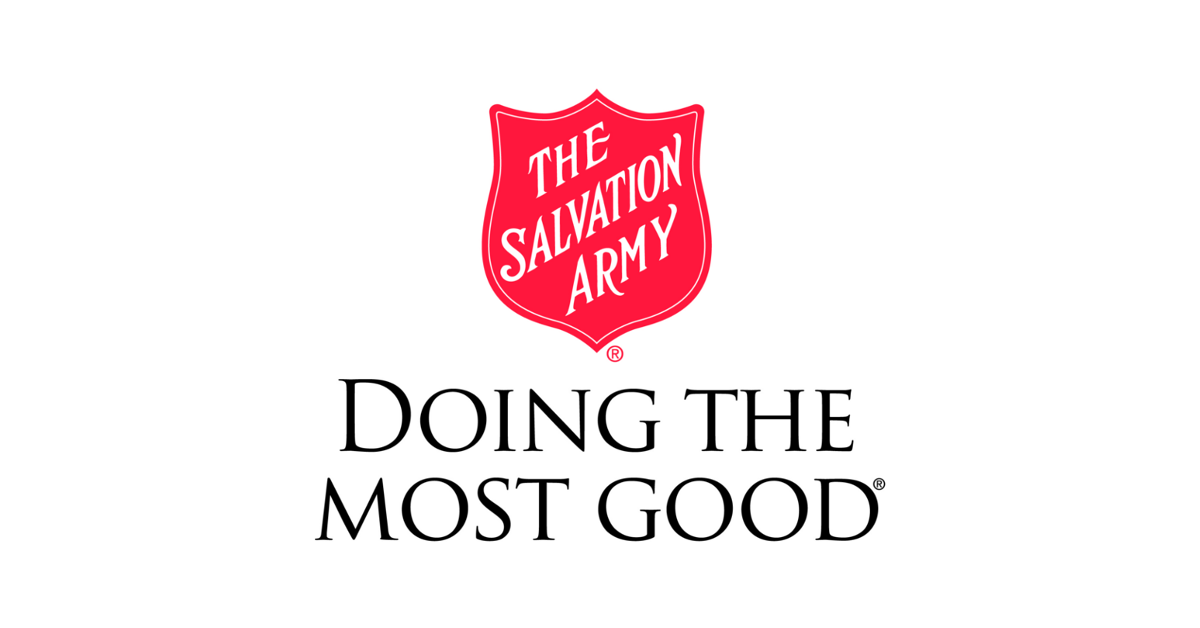Source: Domain.com.au
With a history of homelessness, Angus* expected to be returning to the streets when he finished a seven-month stint in prison.
“Basically, I’d hit rock bottom,” the 31-year-old said. “I was homeless before I went to prison, and I knew I’d be homeless again straight after.”
The thought of navigating the private rental market was hugely intimidating. “I thought I wouldn’t have a good chance at it, not having any good [rental] references.”
Angus’ fears appear well-founded, with new statistics showing Melbourne’s vacancy rates plunged to 1.9 per cent over the March quarter, the lowest figure since 2012. The latest state government rental report pegged regional Victoria’s vacancy rate at 1.7 per cent.
Coupled with rising rents, the shrinking pool of properties available to lease has alarmed welfare and housing organisations, who say the poor and disadvantaged are struggling to keep a roof over their heads.
“More and more renters are coming to our services saying they can’t find a rental they can afford, that they’re being overlooked by real estate agents or outbid by higher income earners,” says Jenny Smith, head of the Council to Homeless Persons.
The latest figures come as no surprise to workers at the Salvation Army’s housing support network in Sunshine, in Melbourne’s booming western suburbs.
Every morning, dozens of people seeking help queue at the centre, sometimes spilling out the door and onto the street. Among them are rough sleepers, couch surfers, people living in cars, renters facing evictions and people fleeing overcrowded houses.
Rita Lawrence, the centre’s general manager for 16 years, said a perfect storm of factors were at play. “We know rents are increasing. We know homelessness is increasing,” she said. “And we’re in the west where it’s one of the fastest growing areas in Melbourne. Something has got to give.”
As a rental crisis unfolds, a trial program at the centre has achieved promising results. A state government initiative, a team of five private rental workers, led by Marisol Salinas, have helped about 400 people find a home in the past 12 months.
Their strategy lies in forging relationships with property managers and landlords, and offering financial incentives and guarantees to ensure property owners won’t be left out of pocket. For example, they might offer to install a new heating system, replace frayed carpets or put in new security doors.
Ms Salinas said the incentives benefited the landlord, but also improved the living conditions of their clients, some of whom have young children. “It’s about making them comfortable,” she says. “They will want to pay the rent because they will make that house their home.”
The team only work with those found capable of living independently and maintaining a private rental. Clients are also offered ongoing support services, which drastically reduces the chance they will need a homelessness service down the track.
When Angus left prison in March, he moved into temporary housing organised by the Salvation Army. His caseworker helped him search for rental properties, attend inspections and submit more than 20 applications.
He now lives in a three-bedroom house in Melton with his partner and her two children. As part of the program, the Salvation Army will professionally clean the property at the end of the tenancy. They also offered to pay the landlord one month’s rent if Angus left the tenancy before the contract was up.
Angus said securing a rental property was “a massive load off my shoulders”.
“Basically I can focus on work now,” he said. “In the past, I was always struggling day by day, trying to figure out where to stay and how to feed myself.”
*Name has been changed for privacy reasons
